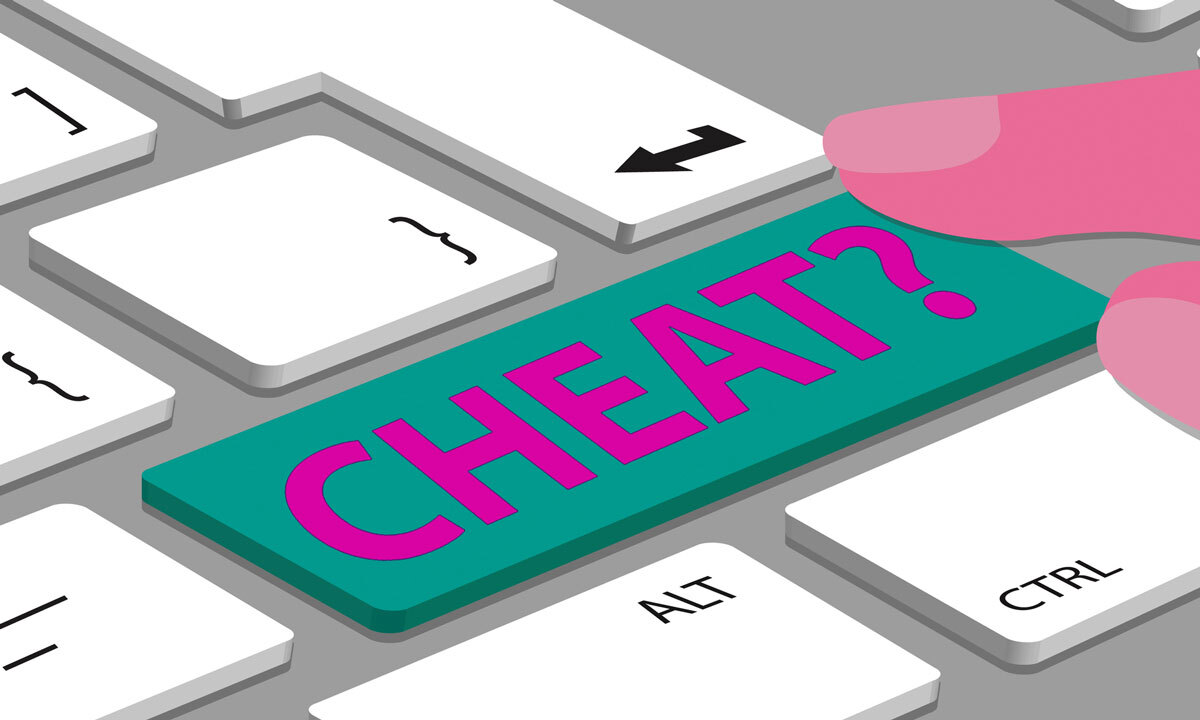The essence of higher education has long been a source of intrigue for me. The core objective, as I believe, is to nurture students’ capabilities to learn how to learn. By fostering critical thinking, understanding evidence, and independent problem-solving, we empower individuals to contribute meaningfully to society. However, the rapid advancement of artificial intelligence (AI) in education poses a threat to this vision.

Recent anecdotal evidence from academics suggests a growing concern: the prevalence of AI cheating among students. This issue has gone largely unaddressed, yet its implications extend far beyond academic misconduct. In a world where critical thinking and problem-solving skills are increasingly valued, the consequences of a large percentage of graduates lacking these abilities could be detrimental.
Consider the prospect of professionals entering crucial industries, such as healthcare or military, without having fully grasped the fundamental concepts. The trust placed in their expertise carries significant risks. Consequently, understanding the extent and addressing the root causes of AI cheating have become imperative.
How pervasive is the issue? According to academic sources, the number of students using AI to write papers has skyrocketed, leading to an unprecedented increase in academic dishonesty. The consequences are not just limited to expulsions and loss of academic credit – entire programs have reportedly faced significant reductions in enrollment due to this trend.
These troubling figures underscore the need for introspection and decisive action. It’s essential to remember that AI tools serve as means to augment human abilities, not replace them. Yet, the ease with which technology can be employed to bypass genuine learning undermines the very purpose of pursuing education.
Detecting and addressing AI cheating poses unique challenges. Its clandestine nature complicates the process, particularly when whistleblowers risk professional repercussions. Furthermore, universities, particularly those heavily reliant on tuition fees from international students, may avoid tackling the issue due to financial considerations.
The potential consequences, however, are too significant to ignore. Genuine learning, the ability to adapt to new situations, and the fostering of critical thinking skills are fundamental aspects of education. When students rely on AI to produce academic work, they risk becoming passive learners, undermining the long-term value and purpose of a higher education degree.
Therefore, a comprehensive approach is required to mitigate the negative consequences of AI cheating and encourage genuine learning. Investment in advanced detection methods and dialogue surrounding academic integrity are essential first steps. Furthermore, the potential benefits of AI in education should be harnessed responsibly, with clear guidelines and regulations in place.
In essence, AI cheating is a hidden crisis with far-reaching consequences. It is incumbent upon us, as education professionals, to ensure that the fundamental purpose of higher education is not sacrificed for the convenience of technological shortcuts. To do this, we must collectively recognize the importance of critical thinking and independent problem-solving, embracing the role that technology can play in augmenting human abilities while maintaining a firm commitment to genuine learning.

